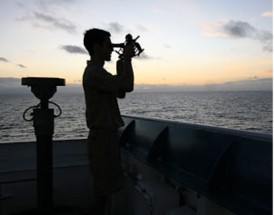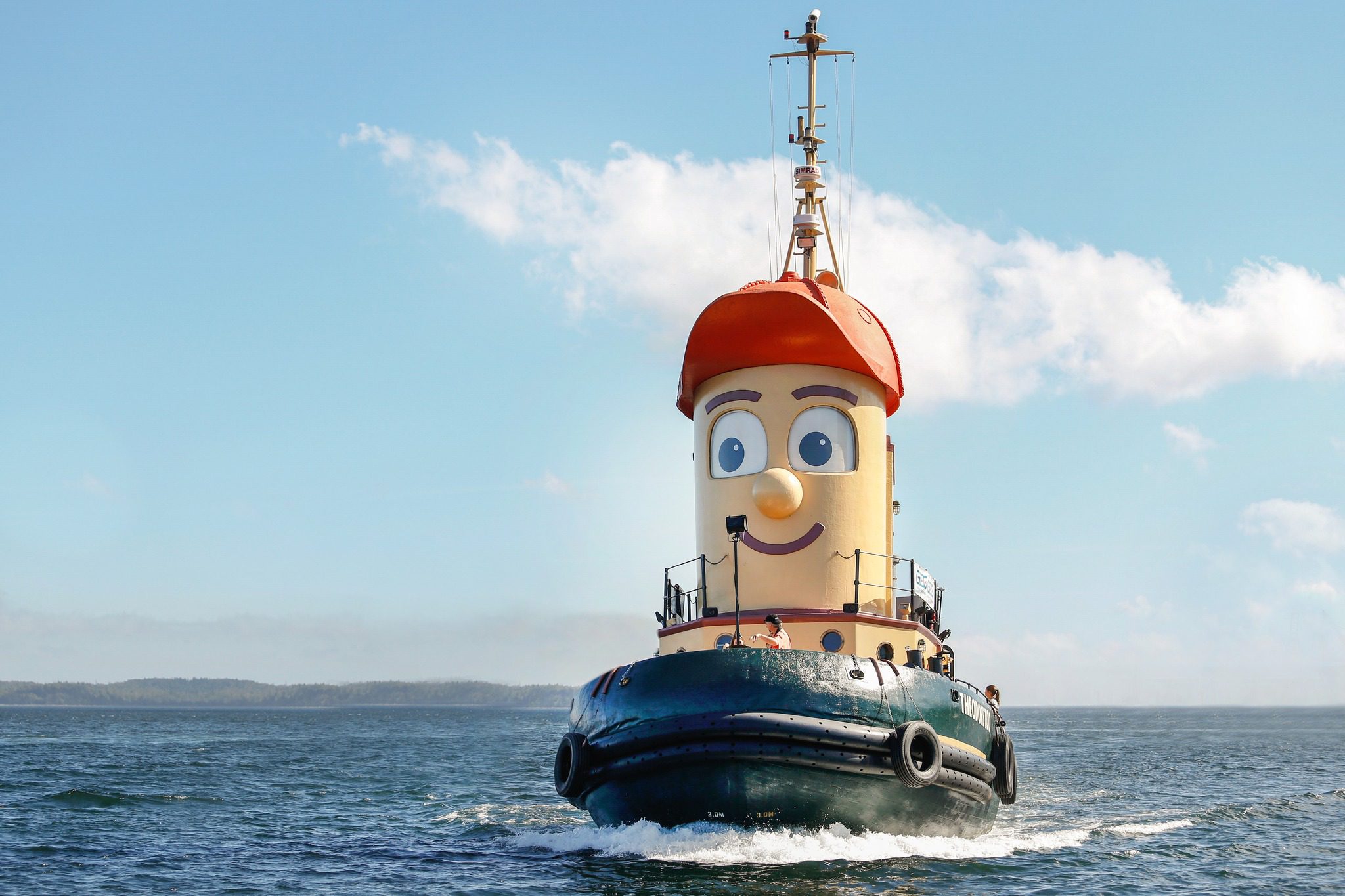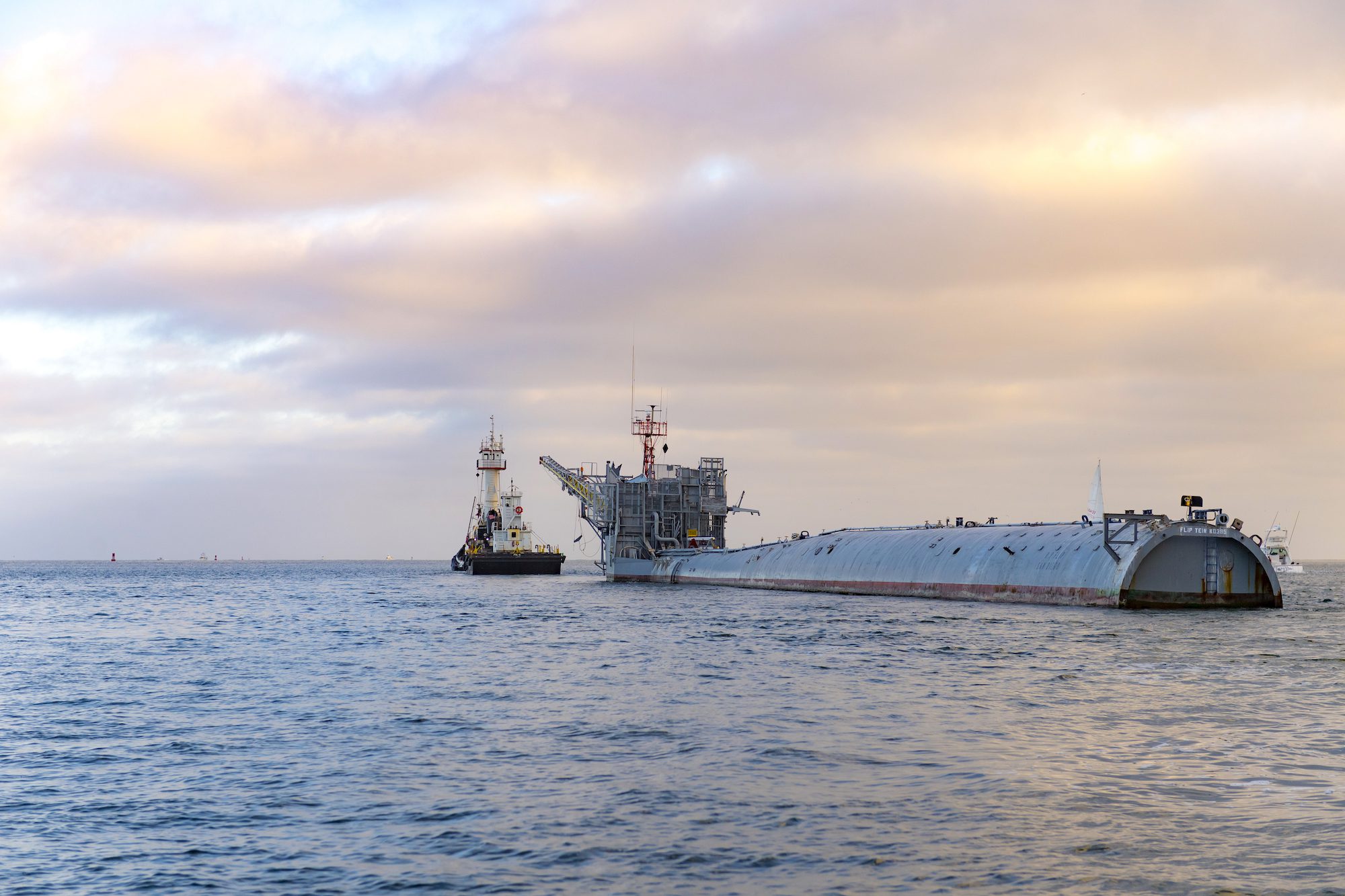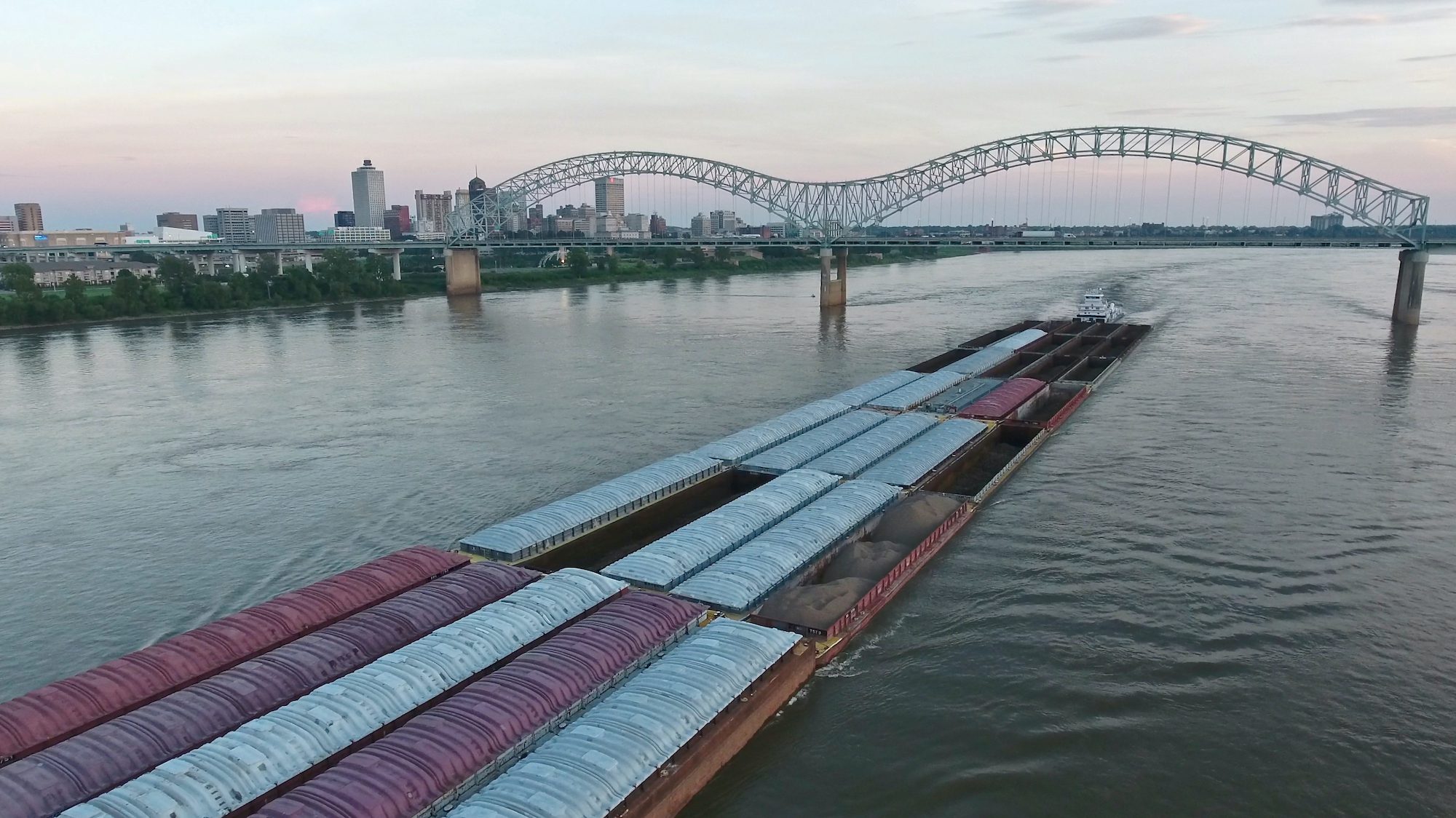Image courtesy Cal Maritime
Technology is changing the shipping industry. Regulations affecting the shipping industry are constantly changing and evolving. The way in which we conduct routine operations onboard vessels changes as standard practices are updated. The companies we work for change their business focus as the needs of their customers require. The only constant in all of these phrases is change.
And more change is inevitable within the maritime industry.
Ten years ago, many might have scoffed at the idea of 400-meter container ships, 3rd generation dynamic positioning (DP) vessels, or ship’s engines being fueled by liquefied natural gas (LNG). Twenty years ago, you would have been laughed out of the room for suggesting the same. Today, it’s reality and as maritime industry professionals, we are expected to run or support these vessels efficiently and effectively.
So, with all this change, why isn’t additional or continuing training required? As the industry stands now, once you have your license or seaman’s papers, there is no training required for at least five years. There are hints and rumors that refresher courses on subjects such as firefighting may be required in the future by flag states. Many companies around the world also require additional training and courses or indoctrination in company policy and procedure as part of their training matrix. Shipboard training is ongoing in lifesaving, firefighting and the safety management system (SMS).
But is it enough?
STCW. ISM. RCM. COLREGS. IMO. ADP. BIMCO. SMS.
The flood of information coming at the average mariner these days – especially the top four – (master, chief engineer, chief mate and first assistant) – can be overwhelming. It has been heard on ships over and over that it is not necessary to know all of the information, but that it is imperative to know where to find it. The problem is, that although great volumes of information are available onboard in terms of manuals, textbooks, guides and ships’ plans, it is often gathering dust on the shelves or in a cabinet.
With the rapid evolution of shipboard satellite communications, there is a greatly increased availability of internet connection on board. With this capability, even more information is available – ranging from video conferencing with medical professionals during a medical emergency, to consultation with technical representatives from machinery manufacturers to the almost immediate access to chart corrections. On top of all that, many at sea now have access to industry news and social networking that allows the continued exchange of ideas with a wide range of industry professionals while far at sea.
Continuing or Further Education
Continuing education is a standard concept within many licensed fields – medical, education and legal, for example. Requiring licensed members in these fields to attend a certain amount of training or classes every year ensures that all are introduced to new ideas/methods or are have existing methods refreshed. The requirement within these fields is not directed at a particular topic or section of their respective industries, but simply requires that their members do something to further or refresh their knowledge within a broad range of topics.
Many merchant mariners have training available to them, either through the companies for which they work or by the trade unions that represent them. In these cases, the training is normally provided free of charge. This is in contrast to the medical or education fields where the cost of continuing education is borne by the individual. However, this continuing education is not mandated by the maritime industry AND, if not required by regulation, company policy or by the union, many mariners fail to utilize this resource.
An informal poll of senior officers indicates that the factor that most affects whether they would attend additional training is time – time away from vacation and time away from family.
Looking at the medical industry, different states require anywhere from 1-1/2 to 6 days (based on an 8-hour day) of continuing education every year. This education can range from a full week course set in a formal educational institution, to a half-day seminar in a hotel conference room. In comparison, the educational opportunities within the maritime industry are normally 1-2 week courses, meeting or exceeding the requirements of a medical professional if only one course were taken per year.
Intellectual Curiosity
gCaptain. Maritime Executive. Tradewinds. American Shipper. These are but a few examples of the wide range of industry news available online. Having a working knowledge of what is happening in your sector of the maritime industry is critical to understanding where your company may be headed. This understanding can help you achieve your company’s goals instead of grumbling, “Why the heck are they doing it this way?”
LinkedIn and gCaptain also have forums or groups that allow the discussion and exchange of ideas with a wide range of industry professionals. Having a sounding board for ideas (both good and bad) can assist you in your decision-making process or finding the correct source of information. These are just two of many internet forums for the exchange of information and ideas within the maritime industry.
Aside from news and social networking, the internet gives you access to such a range of information on the maritime industry – everything from new equipment to safety statistics – that you couldn’t hope to read or retain it all. However, you might just find a niche that interests you, allowing research or professional development in that direction. Industry organizations such as the Baltic and International Maritime Council (BIMCO), P&I clubs (insurance), the Nautical Institute or International Maritime Organization (IMO) have vast amounts of information available through their websites – and links to much, much more.
Conclusion
The United States Merchant Mariner is under ever-increasing pressure to step and perform. For years, the U.S. provided top quality mariners – both licensed and unlicensed. Unfortunately, while many within the industry rested on their laurels, the world caught up and in some cases have passed us by in terms of quality and training. We must continue to push ourselves and the industry to provide a quality service to the companies for which we work. If that means that we must legislate additional training or simply take the opportunities we already have, it is imperative that we continue to train and educate ourselves.
Madden Maritime continues to provide access to online industry magazines and a wide range of maritime industry information. Direct access to Nautical Institute Alert! Bulletins and VodCasts has recently been added, along with a growing range of safety and training information.
Captain Richard Madden is a maritime consultant and SUNY Maritime graduate with over 20 years of industry experience. He holds a USCG Unlimited Master’s license and has sailed on government vessels, offshore towing vessels, tankers, container ships, coastal towing and general cargo vessels.

 Join The Club
Join The Club











